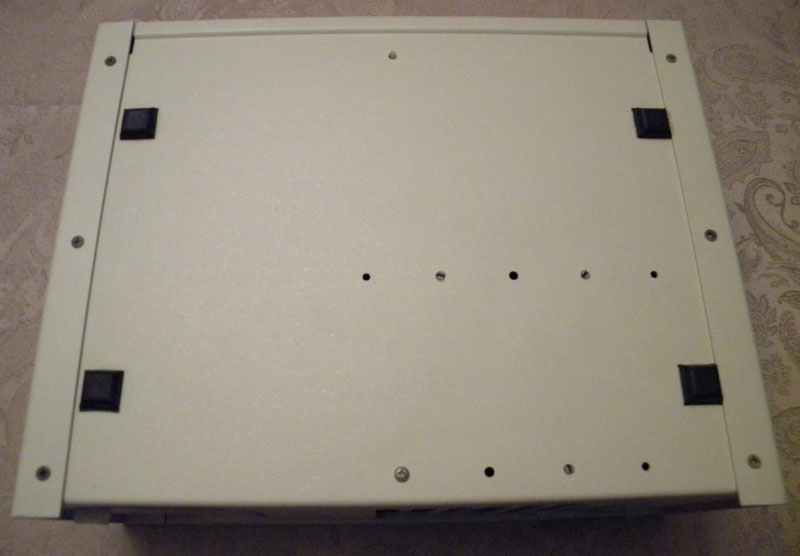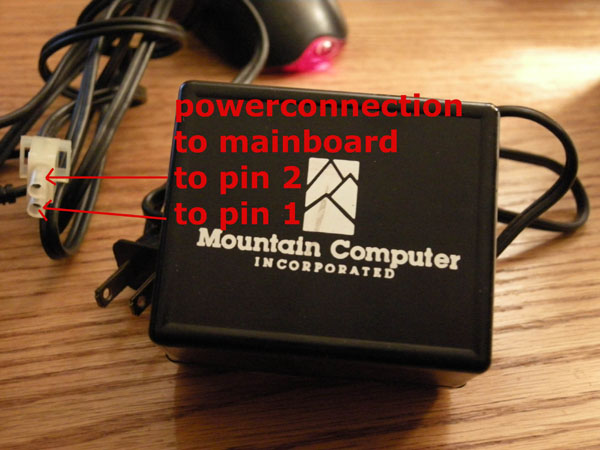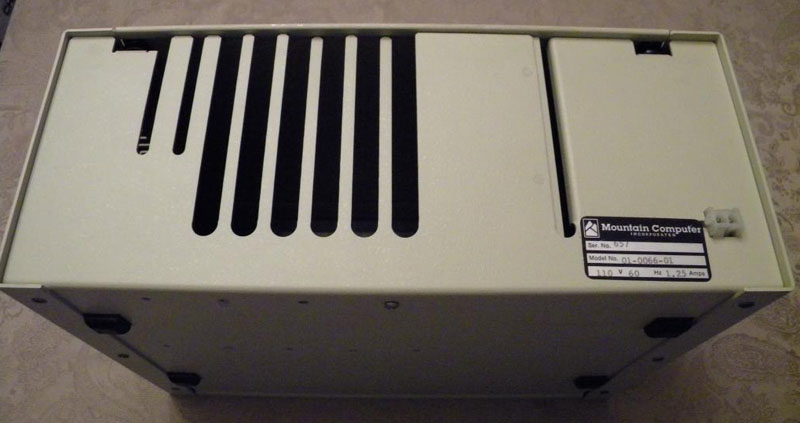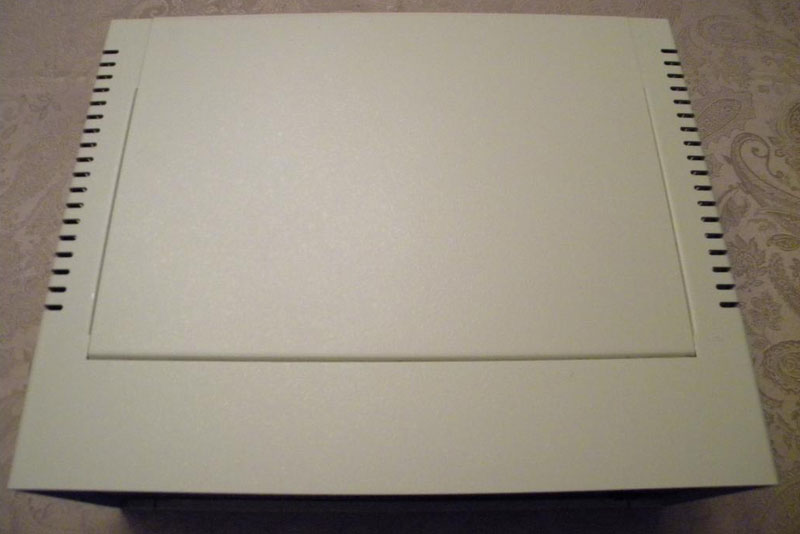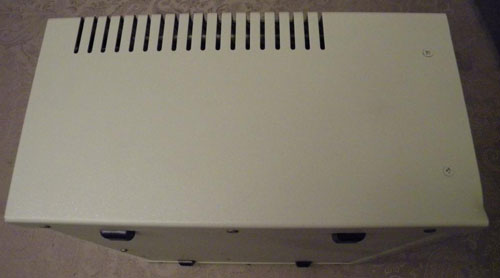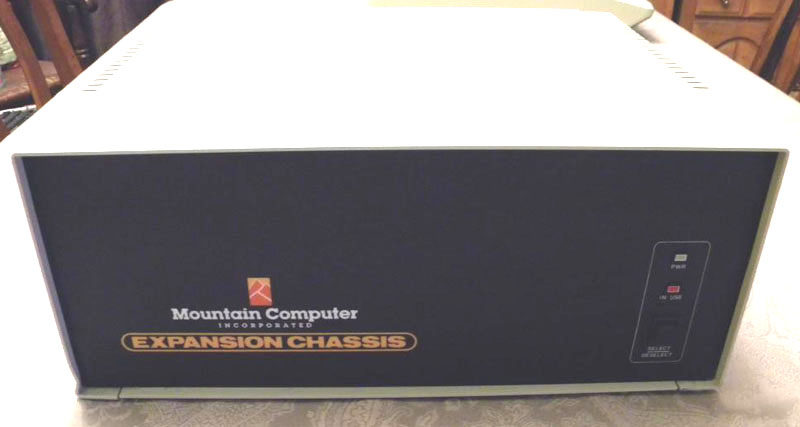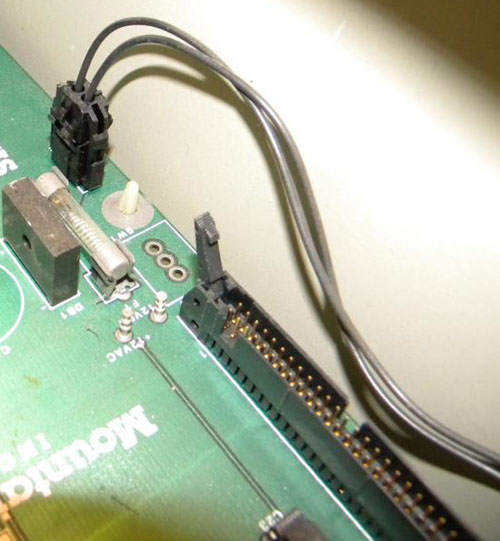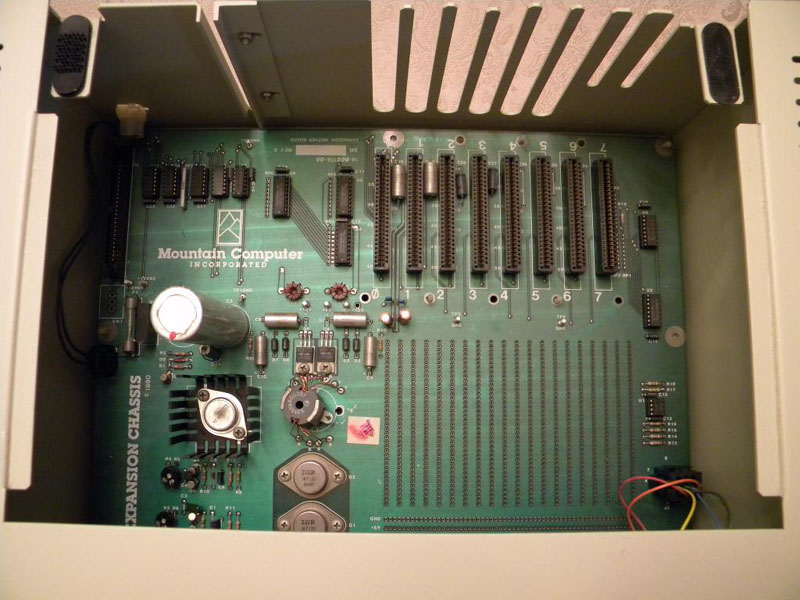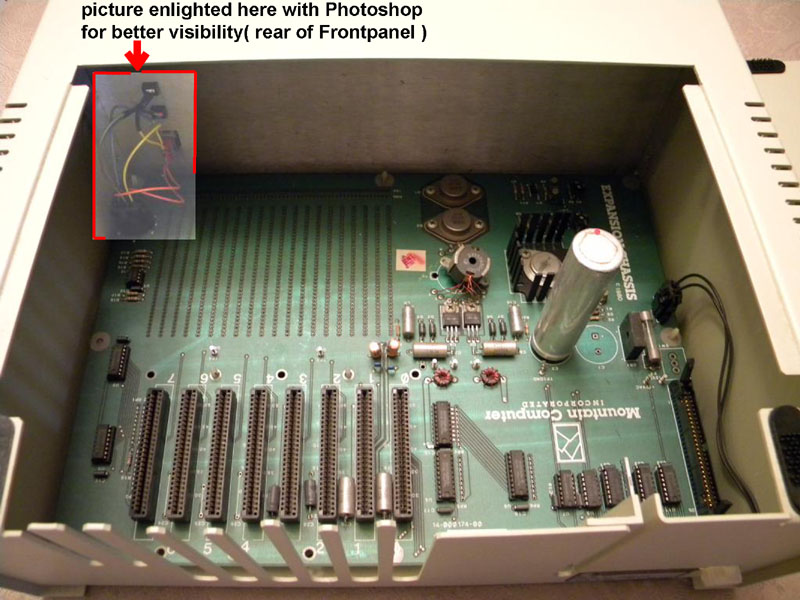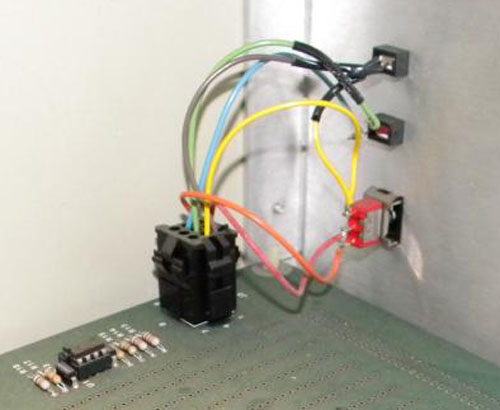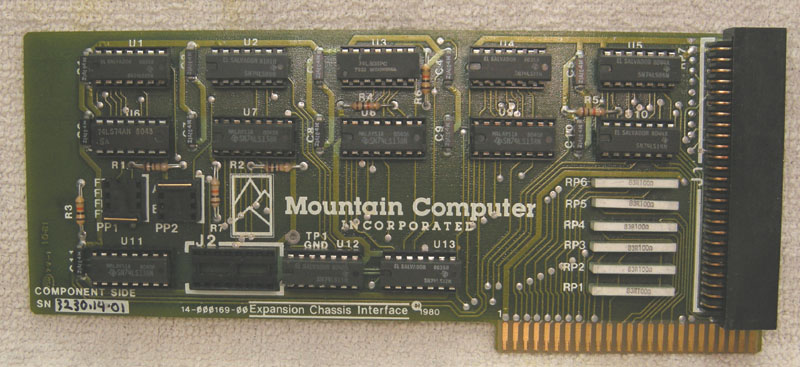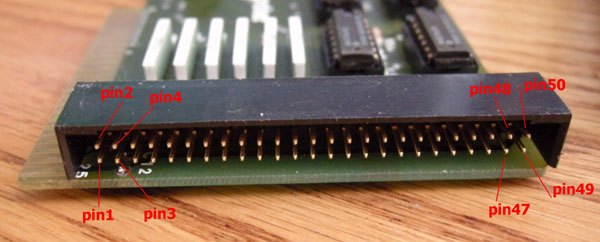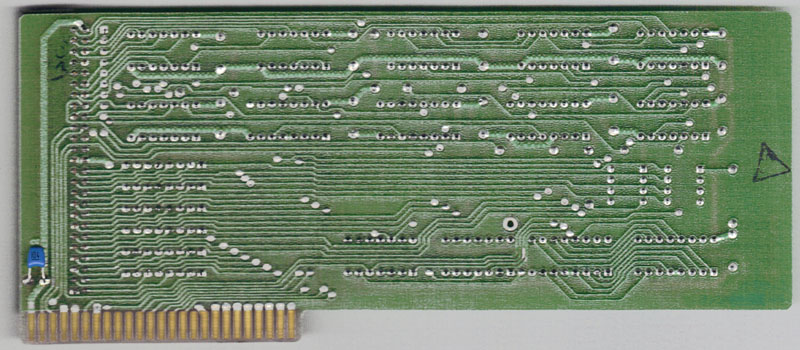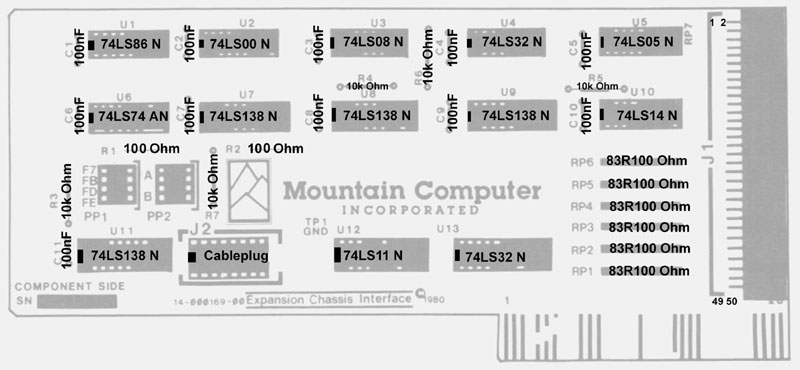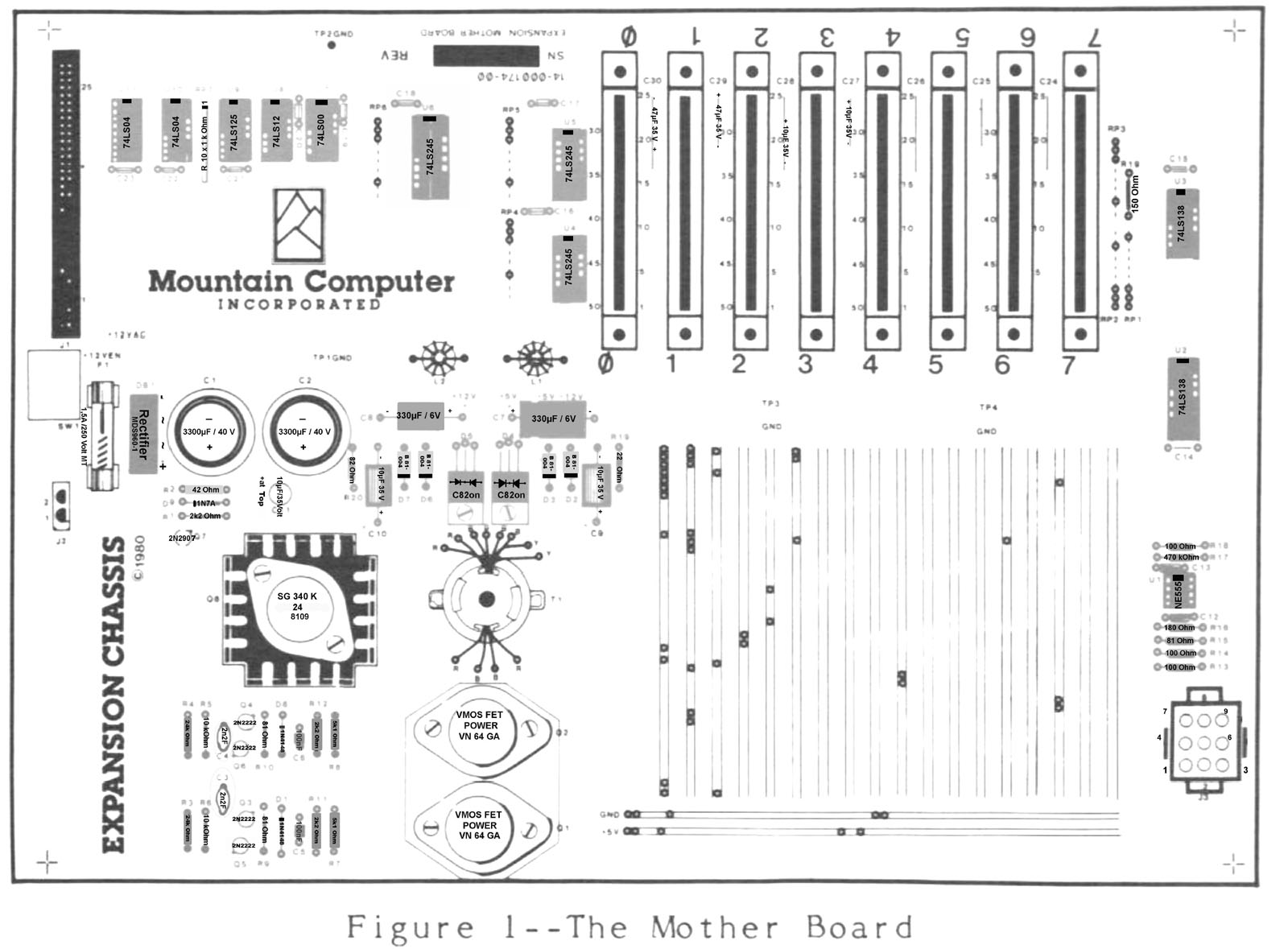|
The story that leaded to the creation of this pages started months ago,
when a member at AF ( =Applefritter
) anounced that he won a offer at ebay
and thereby purchased a Expansion Box from Mountain Computer, with all
adds like manual, interfacecard and the external powersupply brick.
The fact that this box has been only sold in small number of units in
the beginning of the 80īs - had caused in the meantime a lot of
rumors about
that box and only few information has been published in the internet.
So within that thread a couple of members decided to make a complete
documentation about the box. We decided to create a kind of
"brain-power-
task-force" to solve this task.... - when the box arrived at the member
and i viewed the manual, we recognized that some important information
about
the box and the interface card have been missing, like the circuitplan
of both parts. After short dispute in the thread we decided to carry out
the task
of a complete reverse engineering of the unit. This process has been
also covered in a related thread at AF, that contains in the meantime
more than
300 postings (!), but this also might cause difficulties - if specific
information is to be researched for repair of such unit. This turns out
to become more
valid the longer that thread gets, because a lot of pictures have been
published that resulted to updates and corrections....
So thatīs why i end up here with this pages... they shall compact the
informations and limit pictures to the final results - and provide
an owner of such
a unit here with easy searchable information upon the unit, itīs repair
or maintenance.
Starting on the task for the documentation i first recieved a huge bunch
of pictures from the member gsmcten, who purchased that box from ebay.
Later when it turned out, that we would need much more information about
the "hidden" traces beneath sockets and ICīs to become able to perform
a reverse engineering. This was the very point where Keatah joined our
group and he provided me with unbelievable amout of awesome pictures,
uncovering that "hidden" traces. After collecting all the data still
several lines had not been uncovered / completed to final status. At
this point Keatah
spent quite a lot time to measure that traces with a multimeter. Finally
all data had been collected and i started to make films from the
existing pictures.
Based to that film i could reverse engineer the circuitplans from both :
the box and the interface card.I
must mention here that without that awesome support from Keatah, the
task to uncover the circuitplans could not have been performed and
without
the other pictures from gsmcten this documentation would also be
partially incomplete. So therfor i express here my very thanks to
this both members.
Some other pictures used here have origin from macnoyd, another member
at AF who won another offer at ebay, not to forget that without the
platform
at
Applefritter.com, it
would have been nearly impossible to perform that task...because all of
us, that joined together for the task of reverse engineering,
got linked together by that platform, which is nowadays one of the
largest active communities for Apple related stuff.
|
|
